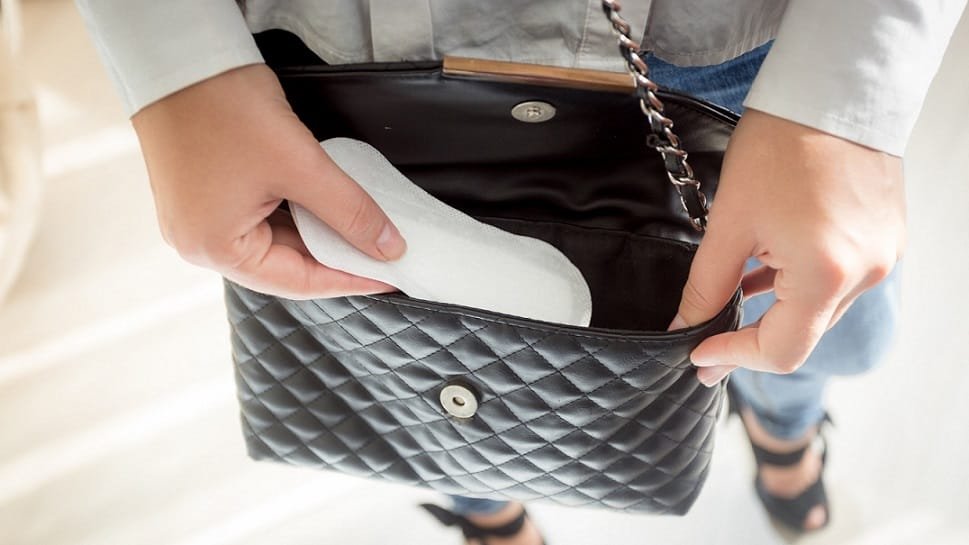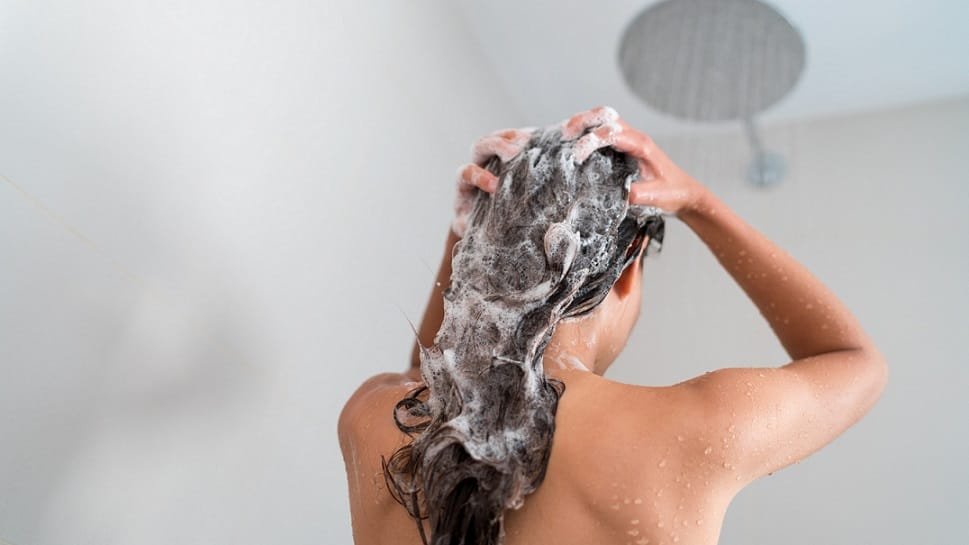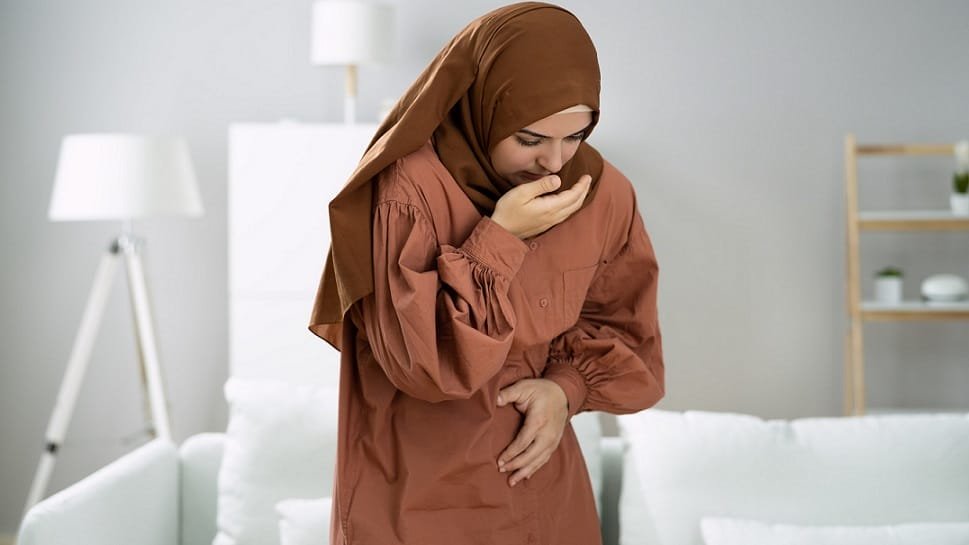Taboos About Periods and Mental Health
Taboos are a little different than myths that we have also addressed in different blogs. Taboos do not even address fake concerns for the women having periods, like the myths do, taboos have just evolved over the years in different parts of the world to shame and blame women from the basic biological function that all women experience.
Women are prohibited from entering the kitchen and cooking food, in rural India. They are left at the mercy of the family members to bring them food. Most women are faced with nutritional deficiency. Girls in Bolivia are told that period blood can cause serious illnesses in other people, so they are made to stay in solitude during this time.
The myths and taboos surrounding periods play an important role for the place women hold in their community. This is not restricted to the more regressive countries but are prevalent in Western countries too. It is not ok that today, 44% of French women and 58% of Americans feel ashamed during their period. Source SCA Group survey, 2017 & 2018 in the perception that women have of themselves.
Taboos and false beliefs create an environment where women and girls are deprived of a fundamental right: the right to their hygiene and health. In Afghanistan, women are told that they cannot shower during their period or they will become sterile.
Across the world, over 500 million girls and women have no access to sanitary protection at all. In Morocco, Bangladesh or elsewhere, they are forced to use tea towels, sheets, newspaper, pieces of mattresses or even mud. Hygienic and infection risks are considerable. Source: Unicef and WHO, 2015. In Niger and Burkina Faso, 35% of girls interviewed and 21% of girls sometimes miss school during menstruation. Source UNICEF, 2013
These alarming figures are due in particular to the lack of access to hygienic protection, the shame felt by young girls and the lack of information. Girls and boys both need to understand that periods are natural phenomenon that every women goes through as she hits puberty. There is nothing to be ashamed of. It is not a disease nor a reason to feel unclean, provided you must keep your personal hygiene in check during this time. There is nothing to be embarrassed about, rather you should prepare your body with recommended amount of calcium and iron for periods each month. Eat healthy, take fruits vegetables milk and eggs. Not only the mothers but also fathers and brothers should understand what a young girl is going through and make them feel comfortable and secure, rather than damaging their self-esteem as human beings by making them feel untouchable.
Different cultures view menstruation in different ways. The basis of many conduct norms and communication about menstruation in western industrial societies is the belief that menstruation should remain hidden.
Here’s a familiar myth: you need to have a period each month, even on the pill. It’s rumored that, without a period, your uterus lining will keep on thickening and you might become infertile. That’s a myth. It’s perfectly safe to skip periods on the pill, and more effective as contraception
Multilevel interventions could be more effective than single-component interventions in breaking the prevailing menstrual taboo and in improving menstrual health and hygiene practices among young girls and women in the rural areas. Not just women but men need to be educated to take this phenomenon as a normal and regular function of a women’s body that is a gift from God to ensure reproduction. For women’s mental and physical health, not only for her but for future generations, it is imperative to leave behind these taboos and move forward.
Conclusion: Taboos About Periods and Mental Health
In conclusion, Taboos About Periods and Mental Health continue to harm women and girls worldwide, perpetuating stigma, shame, and misinformation. These outdated beliefs not only restrict access to proper hygiene and healthcare but also take a toll on women’s self-esteem and mental well-being. To break this cycle, it’s crucial to foster open conversations, educate both genders, and promote awareness about menstruation as a natural biological process. By challenging these taboos, we can create a world where women are empowered to embrace their health and dignity without fear or prejudice.
Explore the impact of Taboos About Periods and Mental Health on women’s lives globally. Uncover myths, address stigma, and promote awareness for change.




